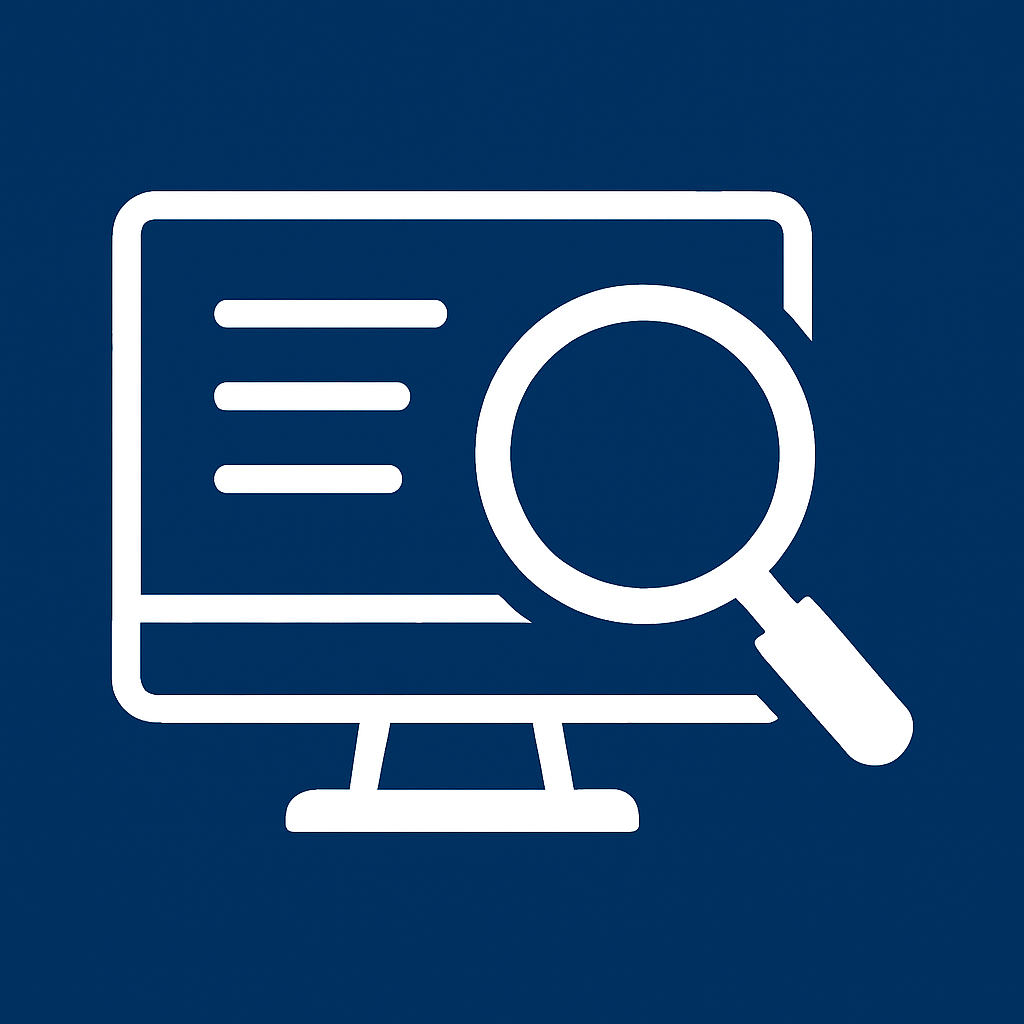Purchasing a horse float can be a significant financial commitment, but with the right financing plan, you don’t have to worry about a hefty upfront cost. For many Australians, low monthly payments on horse float financing offer a convenient and affordable way to secure the essential transport they need for their horses. Whether you're a professional rider, trainer, or a horse enthusiast, opting for financing with manageable payments can help ease the financial burden and allow you to invest in quality equipment without breaking the bank.
1. Flexibility in Repayment Terms
One of the key benefits of financing a horse float with low monthly payments is the flexibility in repayment terms. Lenders in Australia understand that different buyers have varying financial capabilities, and many offer loan terms ranging from one to five years or longer. This flexibility allows you to choose a repayment schedule that fits your budget. A longer loan term can reduce the amount you pay each month, making it more manageable, while a shorter term may result in higher payments but allow you to pay off the loan faster.
By spreading the cost of your float over several months or years, you can enjoy the benefits of your new equipment without the pressure of a lump-sum payment. Low monthly payments can also help you keep your other finances in balance, enabling you to allocate funds to other priorities, such as training, events, or general horse care.
2. Competitive Interest Rates
When it comes to securing financing for a horse float, many Australian lenders offer competitive interest rates, especially for secured loans. A secured loan means the horse float acts as collateral, which generally results in a lower interest rate compared to unsecured loans. This can further reduce your monthly repayment amount, helping to keep your payments affordable over the term of the loan.
Interest rates can vary depending on factors such as your credit history, the loan term, and the type of loan you choose. By shopping around and comparing rates from different lenders, you can find the most competitive option to suit your needs, ensuring you get the best deal possible.
3. Low Deposit Options
Some lenders offer the option of low or no deposit financing, which can significantly lower your initial out-of-pocket expenses. Rather than having to save a substantial amount for a deposit, you can use the financing option to cover the full cost of the float, leaving you with lower monthly payments to manage over time. This is particularly helpful if you need a horse float urgently but don’t have the immediate funds for a large deposit.
With low deposit options, you can get started with your purchase right away and avoid having to wait until you've saved the necessary funds. However, keep in mind that opting for a no-deposit loan may result in slightly higher monthly payments or a higher interest rate, so it's important to evaluate the pros and cons before making a decision.
4. Fixed Monthly Repayments
Many horse float financing options offer fixed monthly repayments, meaning that the amount you pay each month stays the same throughout the loan term. Fixed payments are ideal for buyers who prefer predictability and want to avoid any unexpected increases in their repayments. Knowing exactly how much you need to pay each month can help with budgeting and managing your finances more effectively.
This stability allows you to plan your finances with confidence, as you won’t have to worry about fluctuating repayment amounts. Fixed repayments can be especially useful for individuals or businesses with a set monthly income or expenses, as they provide greater financial clarity.
5. Financing for New and Used Floats
Whether you’re looking to purchase a brand-new, custom-built horse float or a reliable second-hand model, financing options with low monthly payments are available for both new and used floats. Many dealerships and lenders in Australia offer flexible financing for pre-owned floats, ensuring that buyers can secure a quality float without having to pay the full price upfront.
For those purchasing a second-hand horse float, financing with low monthly payments can make it easier to manage the costs, even if the float is more affordable. With various options to choose from, you can find a float that suits your needs while keeping monthly payments manageable.
6. Online Application Process
Applying for horse float financing with low monthly payments is easier than ever, thanks to the rise of online financing options. Many lenders in Australia now offer a fully digital application process, allowing you to apply for a loan from the comfort of your home. This can save time and effort compared to visiting a bank or dealership in person.
Online applications are often quicker, and some lenders provide fast approval decisions, so you can get the ball rolling on your purchase without unnecessary delays. This convenience allows you to secure financing for your horse float on your own schedule.
7. Access to Expert Guidance
If you’re unsure about which financing option is best for you, many dealerships and lenders offer expert guidance to help you navigate the process. Whether you need assistance understanding loan terms, interest rates, or repayment schedules, the experts are there to ensure you choose the right plan for your financial situation.
By seeking expert advice, you can ensure that you make an informed decision and avoid any surprises down the line.
Conclusion
Financing a horse float with low monthly payments is an excellent way for Australians to afford the transport they need for their horses while managing their budgets. With flexible repayment terms, competitive interest rates, and options for both new and used floats, financing offers an accessible solution for horse owners, trainers, and businesses alike. Whether you’re looking for a new model or a reliable second-hand float, low monthly payments can help you spread the cost over time, allowing you to enjoy the benefits of your purchase without financial strain.
DISCLAIMER
The information provided on this website is general in nature only and has been prepared without considering your financial needs, circumstances and objectives and should NOT be construed as financial, taxation or legal advice. For more information, get in touch with our experienced partner brokers today.















